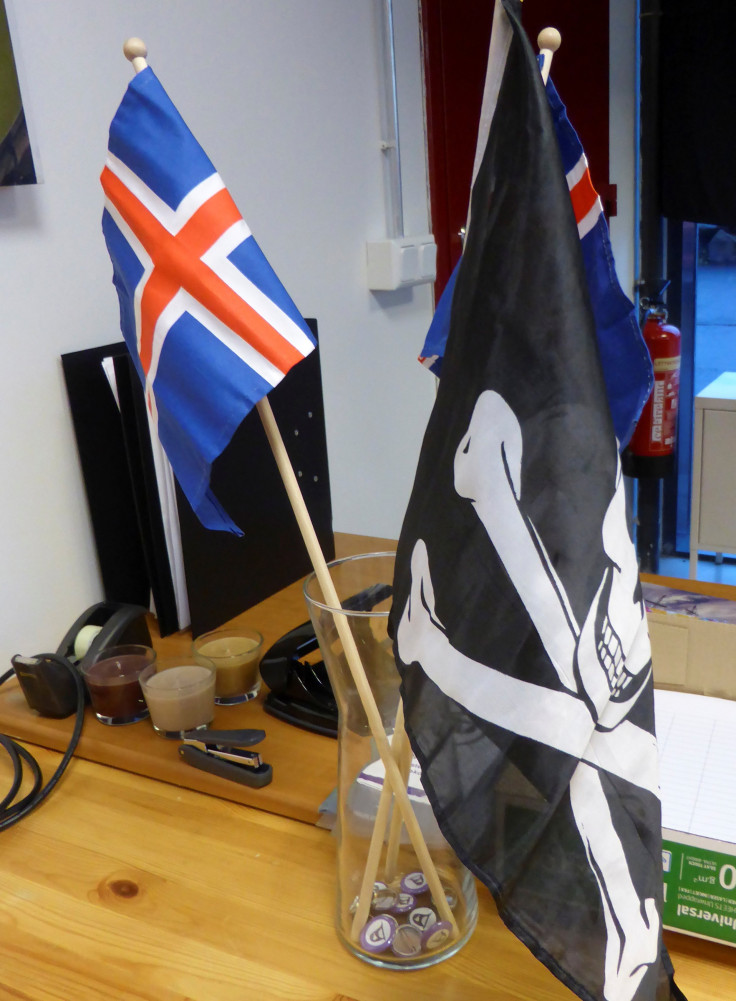Iceland Election Results 2016: Pirate Party Wins Big, Prime Minister Resigns As Internet Activists Lead Nation

The Icelandic Pirate Party won big in Saturday's legislative elections in Iceland, prompting Prime Minister Sigurdur Ingi Johannsson to announce he would resign after his center-right Progressive Party saw its hold over the 63-seat Parliament sink from from 19 seats to just eight.
The Pirate Party received 10 seats, up from three in the last election. The Left-Green Party also won 10 seats, while the Independence Party came in first with 21 seats, up from 19, the New York Times reported. It's unclear who will rule. A party needs 34 seats to command a majority in Iceland’s Parliament, the world’s oldest. The Progressive Party and Independence Party have teamed up in the past, but don't have enough seats to rule after Saturday's election.
"Whatever happens, we have created a wave of change in the Icelandic society," Birgitta Jonsdottir, the leader of the Pirate Party, told a cheering crowd after the results were announced.
The Icelandic Pirate Party was established in 2012, taking inspiration from Rickard Falkvinge's Swedish Pirate Party, which was founded in 2006. Led by Jonsdottir, the Icelandic Pirate Party advocates for transparent democracy, internet freedom and civil rights. The party is looking to transform its electoral success into radical social change for the country. Pirate Bjorn Levi Gunnarsson, who ran for the Northern District of Reykjavik, explained what his party's win means for Iceland.
"Being a Pirate means protecting and expanding civil rights. It means direct democracy, transparency, freedom of expression, the right to privacy in the digital age and an informed decision-making process. Success in the elections will mean a new constitution, a new deal between people and power. It will mean that the legislative power is a service to its people rather than an authority," Gunnarson told International Business Time earlier last week.
The Icelandic Pirate Party made history in 2013 by securing three seats in the national legislature, making it the first out of over 60 pirate parties around the world to attain national electoral success. The party's momentum has been attributed to widespread public anger at the country's political and economic elite. Irresponsible banking practices deeply affected the country during the 2008 economic crisis and former Prime Minister Sigmundur David Gunnlaugsson resigned in April following revelations of his hidden wealth overseas.
© Copyright IBTimes 2024. All rights reserved.






















